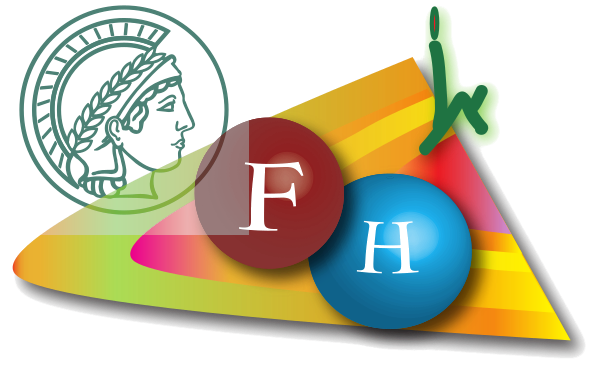
Schlag was a distinguished spectroscopist and also paid attention and enjoyed developing and applying relevant theories. Beginning with his Ph.D. thesis, which was the first-ever quantitative test of the RRKM theory of unimolecular reactions, his forte performed experiments that probed and challenged conventional wisdom. During his tenure as a professor at the Technical University of Munich, Schlag was widely regarded as the leading German chemical physicist. American born, Schlag started his academic life in the US with an interest in kinetics. He became a professor at Northwestern and then moved to the TUM.
When Minerva decided to establish its first center at the Hebrew University, its partner, the German Ministry for Research and Technology, BMFT, chose Schlag to be the first chair of the Beirat. Schlag traveled to Jerusalem for the final negotiations between the German delegation and the Hebrew University and worked hard and effectively to create a suitable framework towards scientific excellence, including viable computational facilities. The structure that he designed serves as a model for the subsequent Minerva centers at HUJI. Schlag continued his yearly visits to Jerusalem for holding meetings of the Beirat. He was a leading voice for the center both within the Hebrew University and towards Minerva and the BMFT. His activities resulted in several increases in the endowment of the center. In recognition of his extensive contributions and scientific excellence, the Hebrew University awarded Schlag an honorary doctorate in 1988.
Schlag was awarded the Werner Heisenberg Medal from the Alexander von Humboldt Foundation in 2001, and the Gold Honorary J. Heyrovsky Medal from the Academy of Sciences of the Czech Republic in 1993.
Edward W. Schlag died on August 11, 2020.

